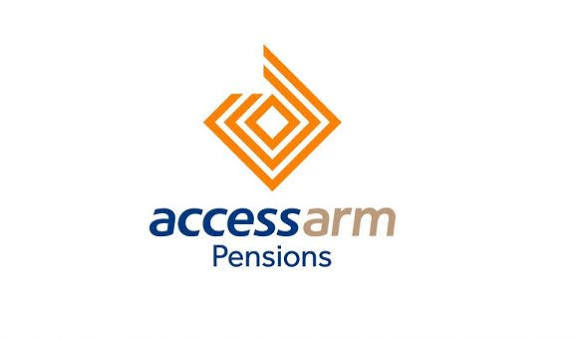Foreign companies such as Google, Netflix, and Facebook paid N3.85tn in taxes to the Nigerian Federal Government in the first nine months of 2024, according to National Bureau of Statistics data.
This marks a 68.12% increase compared to the N2.29tn collected during the same period in 2023, reflecting improved tax enforcement and the growing impact of Nigeria’s digital economy.
The figure includes the amount paid as Company Income Tax and Value Added Tax.
The report revealed that foreign companies, including Google, Netflix, and Facebook, paid N3.85tn in taxes to the Federal Government in the first nine months of 2024.
An analysis of the report revealed significant growth in tax remittances from foreign companies.
Between January and September 2024, they contributed N2.57tn as Company Income Tax, representing a 43.65% increase compared to the N1.789tn collected during the same period in 2023.
Additionally, VAT collections for the same period reached N1.28tn, reflecting an impressive surge of 157.03 per cent, up from N498.34bn in 2023. This data underscores a substantial growth in tax revenue, fuelled by improved collection drive.
According to the Federal Inland Revenue Service, CIT is a 30% tax levied on a company’s profit, while VAT is a 7.5% consumption tax applied to goods and services and ultimately borne by the final consumer.
On a quarterly basis, Nigeria’s earnings from Company Income Tax rose by 42.49%, increasing from N598.13bn in Q1 to N1.12tn in Q2, before slightly declining to N852.29bn in Q3.
For Value Added Tax, the country earned N435.73bn in Q1, N395.74bn in Q2, and N448.85bn in Q3, reflecting an increase of N13.12bn or 3.01% over the period.
The Federal Government initiated plans in 2020 to tax foreign digital service providers earning revenue in naira, leveraging the high acceptance of digital services among Nigerians.
Certain digital service providers, such as video streaming platforms, social media networks, and companies offering downloadable content, are now obligated to pay digital tax to the Federal Inland Revenue Service.
Platforms like Netflix, Facebook, and Twitter, which have operated in Nigeria without a physical presence, provide video streaming and advertising services to Nigerians and are expected to comply with this tax requirement as part of the government’s strategy to tap into the digital economy’s revenue potential.
Others, like Alibaba and Amazon, generate revenue from Nigeria by processing and transmitting data collected about users in Nigeria, providing goods or services directly or through a digital platform, or offering intermediate services that link suppliers and customers in Nigeria.
These earnings are expected to rise further as more social media platforms begin fulfilling their statutory tax obligations to the government.
Last week, the National Information Technology Development Agency revealed that TikTok and X (formerly Twitter) have yet to comply with Nigeria’s tax filing requirements under the country’s regulatory framework.
However, Google, LinkedIn, and Meta have fulfilled their tax compliance obligations as specified in Part III, Sections 3–1, and Part II, Section 10 of the “Code of Practice for Interactive Computer Service Platforms and Internet Intermediaries (CoP for ICSP/II).”









